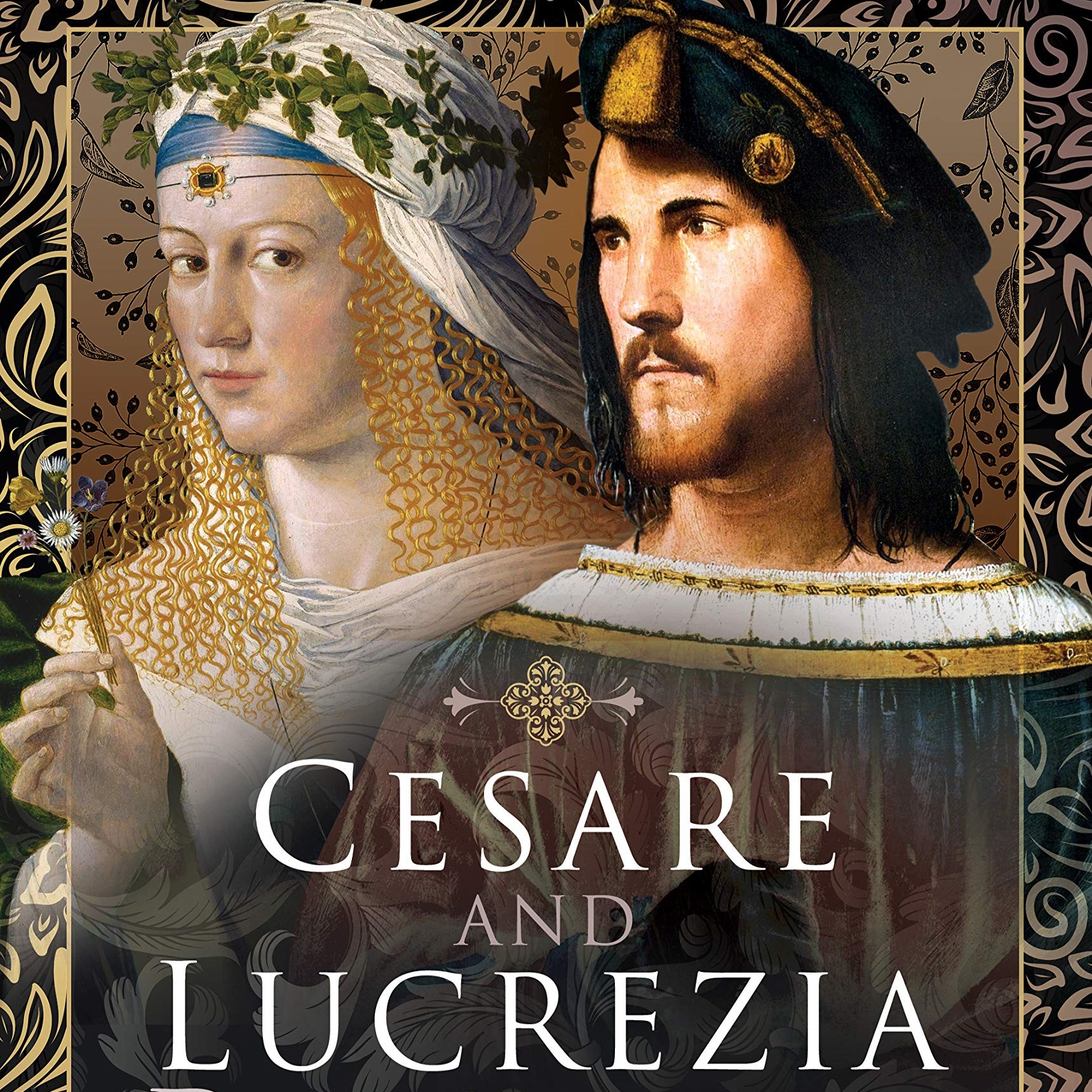He left the cardinality and became a commander: Who is Cesare Borgia?
His features such as aggression, ruthlessness and speed in planning and execution, and knowing how to take advantage of opportunities influenced Machiavelli.

(1475-1507) Italian commander. He captured the Romagna region of Italy and connected it to the Papacy. He is thought to have been born in Rome in 1475 or 1476. He died in Spain in 1507. He was the second son of Cardinal Rodrigo Borgia, who became archbishop. Although they were born and lived in Italy, the Borgia family originated in Spain. Cesare's half-brother, Pedro Luis, was the Duke of Gandia. At the age of 7, Borgia became a papal appointee and also a private member of the Valencia Cathedral. He took religious lessons from Paolo Pompilio and Giovanni Vera.
Cesare Borgia (13 September 1475 – 12 March 1507) was an Italian cardinal and condottiero (mercenary leader), an illegitimate son of Pope Alexander VI and member of the Spanish-Aragonese House of Borgia. His fight for power was a major inspiration for The Prince by Niccolò Machiavelli.
In 1480 Pope Sixtus IV granted him the right to serve in non-church institutions.
In 1489 he began studying law at the University of Perugia. Later, Cesare moved to the University of Pisa, where he became a student of the famous lawyer Filippo Decio and completed his higher education in canon law and civil law.
He became bishop of Pamplona in 1491, and archbishop of Valencia in 1492, when his father was crowned as Alexander VI. In 1493, he was promoted to cardinal and became one of his father's advisors.
In 1494, King Charles VIII of France invaded Italy and went south. The French were only repulsed by the Venetian League created in 1497. After that, the Papal army marched on some noble families in Italy who had helped Charles VIII because they were opposed to the election of Alexander VI.
Cesare Borgia's brother Juan commanded the Papal army.
When his brother Juan was mysteriously killed in 1497, suspicions centered on Cesare Borgia. With the death of Pedro Luis in 1488, the Duchy of Gandia had been bypassed to Juan Borgia, and his jealousy over his military career was seen as sufficient reason for Cesare to kill his brother. After Juan's death, Cesare Borgia resigned as a cardinal in 1498 and assumed command of the Papal army.
He had the approval of Louis XII, who was proclaimed King of France that year, despite the opposition of the King of Spain to abdicate the cardinality. Cesare went to France to marry the daughter of the King of Navarre in order to consolidate his alliance with France. This marriage would provide Cesare's father, Alexander VI, with the support of France in gaining control over the Papal states and establishing a permanent Borgia state in Italy.
King Louis XII of France gave the Duchy of Valentinois to Cesare, who married Charlotte d'Albert. In 1499, at the head of the Papal army and with the support of the French cavalry, Cesare organized expeditions to the cities of Romagna and Marches. In the same year he was proclaimed Duke of Romagna. In 1497, France and Spain agreed to divide the Kingdom of Naples. The Kingdom of Milan was an obstacle to reaching Naples. Therefore, in 1499, he commanded the French cavalry on the French expedition to Milan. He captured Imola and Forli in 1499, and Rimini, Pesaro, and Faenza in 1500-1501.
During these years, he was involved in many political assassinations. In 1500, it became certain that his sister Lucrecia had her husband, Alfonso, Duke of Biscoglie, a Naples noble.
He entered Naples with French troops in 1501, after France and Spain signed the Treaty of Granada in 1500 to divide Naples.
In 1502 he captured Urbino, Camerino, and Senegallio. During this third campaign of Cesare to Romagna, some of his commanders, who were afraid of his power, agreed against him. Being aware of this situation, Cesare started to reorganize his army while continuing the war. He pitted the commanders against each other and summoned some of them to a reconciliation meeting in Senigallia. But he had those who attended the meeting arrested and killed.
As he was about to launch an attack on Tuscany after he had once again built an army he could trust, his father VI. Alexander died. Shortly before, the Spaniards had driven their ally, the French, out of Southern Italy.
Cesare Borgia was not effective in electing the new Pope, and the enemy of the Borgias, Giuluani della Rovere, was crowned Papacy as Julius II. Julius II's first act was to recapture Cesare's command of the Duchy of Romagna and the Papal army and have him arrested.
Cesare, who was able to gain his freedom by giving some cities in Romagna to the Pope, fled to Naples. Although he sought support from his relatives, he was caught by the agents of King Ferdinand of Naples and sent to a prison in Spain. He escaped in 1506 and took refuge with his brother-in-law, King of Navarra, Jean d'Albert. He died as a militia commander trying to quell uprisings against Navarra outside of Viana. He was buried in the church of Sta Maria in Vienna.
Cesare Borgia did not have time to form a government in the Duchy of Romagna, but he was known to have plans for a central government and an effective bureaucracy. In his book Prince, Machiavelli took Cesare Borgia as an example and stated that he had enough qualities for those who wanted to be a ruler despite his shortcomings. His features such as aggression, ruthlessness and speed in planning and execution, and knowing how to take advantage of opportunities influenced Machiavelli.
